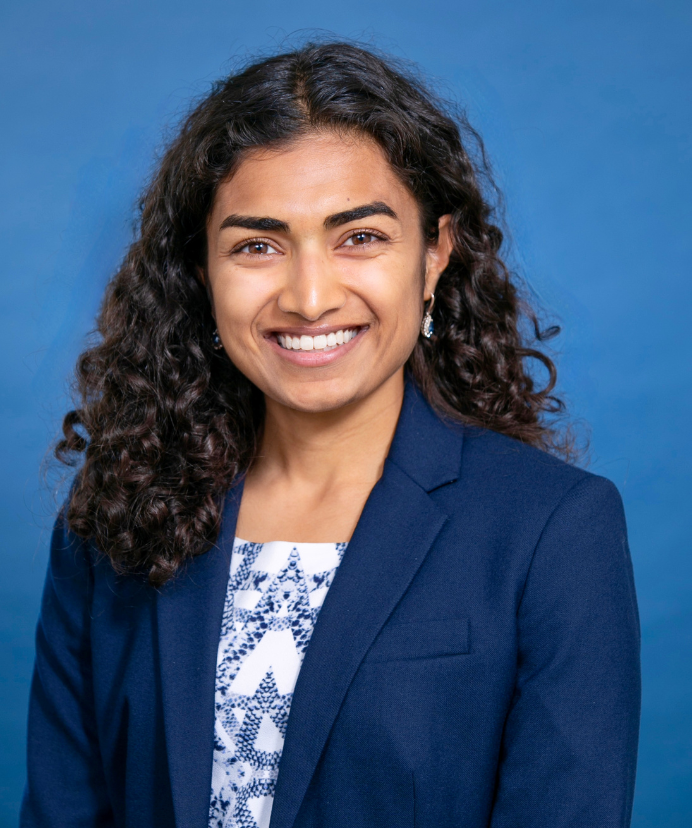The Mama Sana Program: Spanish-Language Lactation Support
Offering culturally aware support in the mother's preferred language can improve early breastfeeding outcomes.

Read Time: 4 minutes
Published:
Breastfeeding offers well-established health benefits for both mothers and infants. It is associated with lower rates of infections and chronic diseases and is recommended by expert medical groups. However, disparities in breastfeeding outcomes are well-established. For example, Hispanic mothers have dramatic drop-offs in breastfeeding rates in the first six months of their infant’s life. As a researcher and clinician who cares for newborns, I know the importance of supporting mothers in breastfeeding their infants.
At my hospital, only 20% of Spanish-speaking mothers were receiving lactation counseling in their preferred language, highlighting a critical communication gap. This raised an urgent public health question: Could a lactation program in their native language improve breastfeeding outcomes for Spanish-speaking Hispanic mothers?
To answer that question, my team and I launched Mama Sana (“Healthy Mother” in Spanish), a program specifically designed to meet the needs of Spanish-speaking Hispanic mothers during and after their hospital stay.
Hispanic populations represent one of the fastest-growing groups in the United States, yet many continue to experience unequal health care outcomes. For new mothers who speak only Spanish, language barriers can limit the quality of support they receive around breastfeeding. Breastfeeding is not only a physical function – it is a highly sensitive practice, with deep sociocultural roots. Counseling must be able to address the many facets of lactation. These include technical skills, like how often to feed and how babies latch, but also more information about the benefits of providing only breast milk and breastfeeding for a longer period of time. Counselors can also talk about practices that might interfere with breastfeeding or might lead parents to introduce formula to their babies early.
When lactation counseling isn’t able to meet mothers’ needs, we lose the chance to promote this healthy behavior for moms and babies.
For Spanish-speaking, Hispanic mothers, cultural norms often favor breastfeeding, but sometimes the multiple sources of breastfeeding information they get do not align. If counselors don’t know about mothers’ cultural beliefs or don’t speak their language, they may not be able to address specific beliefs that can lead to breastfeeding for shorter periods and less time where babies are receiving only breast milk. When lactation counseling isn’t able to meet mothers’ needs, we lose the chance to promote this healthy behavior for moms and babies.
The Mama Sana program provided structured, in-hospital access to a certified lactation counselor who spoke Spanish. If they chose to participate in the program, mothers could have daily in-person lactation support in the hospital after they had a baby or call a phone number for help after they went home. To see if it was helping, we tracked how many mothers were breastfeeding when they left the hospital and in the months after. We compared a group of mothers who participated in the program to a similar group of mothers who had their babies before Mama Sana’s launch. Importantly, we also checked how many mothers received lactation counseling in Spanish.
As we work towards improving maternal and infant health equity, Mama Sana offers a powerful example by meeting mothers where they are.
Our results were encouraging: We found that Mama Sana did increase the percentage of mothers who breastfed at all while they were in the hospital and in the first 6 weeks after they went home. The program did not lead mothers to delay or avoid formula use. Many still chose to supplement with formula, and the percentage of mothers who only breastfed their baby did not significantly change. All participants in the Mama Sana program received their lactation counseling in Spanish.
Mama Sana showed that simple changes, like using counselors who speak the same language and focus on cultural norms of breastfeeding, can improve early breastfeeding outcomes. Building a program that starts before babies are born and continues to support mothers in the months after birth might be able to build on these improvements by reducing the number of mothers who add formula or helping mothers to breastfeed for longer.
These types of programs need to be supported by local and federal policies that can address some of the underlying disparities in breastfeeding, such as paid parental leave and protected time and space for breastfeeding in the workplace. As we work towards improving maternal and infant health equity, Mama Sana offers a powerful example by meeting mothers where they are.



